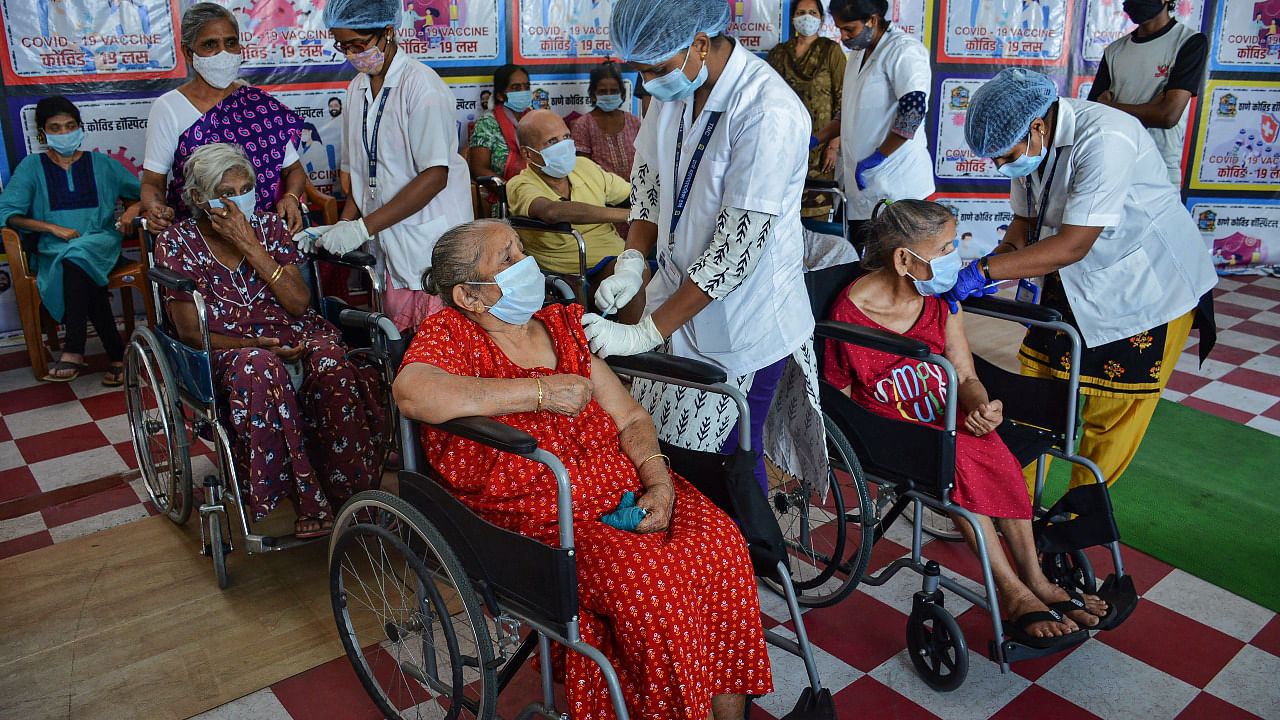
Focus on the Covid-19 pandemic, which saw the postponement of several types of surgeries, and shortage of staff at hospitals were among the factors that affected patients in Maharashtra, as per a survey conducted recently. In a release issued on Saturday, the Jan Arogya Abhiyan, a non-profit public health campaign involving activists, experts and NGOs, which carried out the survey, said cesarean section procedures, trauma care etc took a hit, especially in rural parts of the state.
The survey was carried out in July this year and covered 122 primary health centres (PHCs), 24 rural hospitals and 14 sub-district hospitals in 17 Maharashtra districts, namely Akola, Amravati, Ahmednagar, Osmanabad, Aurangabad, Kolhapur, Gadchiroli, Chandrapur, Thane, Nandurbar, Parbhani, Palghar, Pune, Beed, Yavatmal, Solapur and Hingoli, the JAA release informed.
At least 11 hospitals that were surveyed did not treat accident cases due to the pandemic, 22 rural and sub-district hospitals stopped performing C-section procedures and and 12 did not perform a wide range of surgeries, forcing many to rush to private hospitals and bear the resultant high costs, it said, adding that cataract operations, minor surgeries and sterilisation procedures were also postponed.
Highlighting the shortage of staff at health facilities, the survey report informed that only 51 per cent of the surveyed PHCs had one permanent medical officer, which meant only one doctor for around 30,000 people, and only 53 per cent had permanent nurses. "Around 46 per cent rural hospitals and 30 per cent sub-districts hospitals do not have specialist doctors. As many as 81 per cent posts for psychiatrists, 63 per cent posts for surgeons, 47 per cent posts for anesthetists, 26 per cent posts for gynecologists, 23 per cent posts for pediatricians and 47 per cent posts for dentists are lying vacant in rural hospitals,” the report said.
JAA activist Girish Bhave said poor rural health infrastructure was a matter of concern as people there are excessively depended on government facilities, while activist Shailaja Aralkar said the pandemic showed public sector health facilities are the mainstay of people, especially in rural and tribal areas, and these must be strengthened.
Check out DH's latest videos: